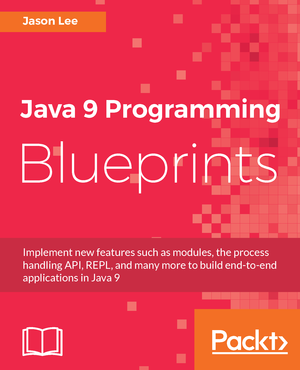24
Jun 2018
29
May 2018
23
Apr 2018
11
Apr 2018
29
Mar 2018
1
Feb 2018
19
Jan 2018
27
Sep 2017
24
Sep 2017
31
Jul 2017
 My name is Jason Lee. I am a software developer living in the middle of Oklahoma. I’ve been a professional developer since 1997, using a variety of languages, including Java, Kotlin, C/C++, JavaScript, PHP, Python, Delphi, C#, and even a bit of COBOL and JCL. I currently work for IBM on the WildFly/EAP team, where, among other things, I maintain integrations for some MicroProfile specs, OpenTelemetry, Micrometer, Jakarta Faces, and Bean Validation. (Full resume
My name is Jason Lee. I am a software developer living in the middle of Oklahoma. I’ve been a professional developer since 1997, using a variety of languages, including Java, Kotlin, C/C++, JavaScript, PHP, Python, Delphi, C#, and even a bit of COBOL and JCL. I currently work for IBM on the WildFly/EAP team, where, among other things, I maintain integrations for some MicroProfile specs, OpenTelemetry, Micrometer, Jakarta Faces, and Bean Validation. (Full resume 
